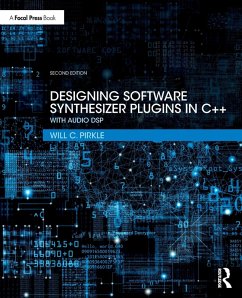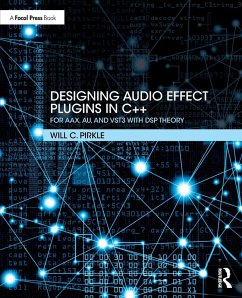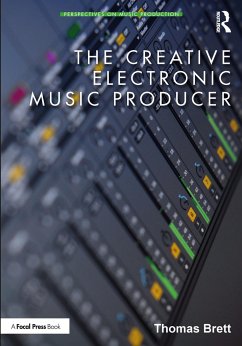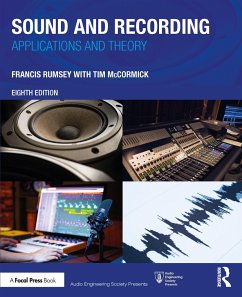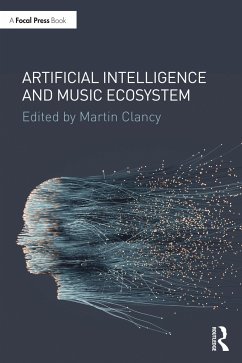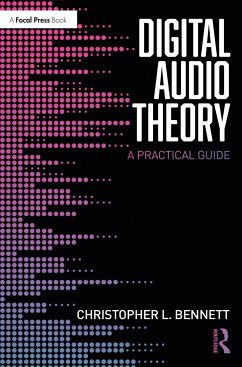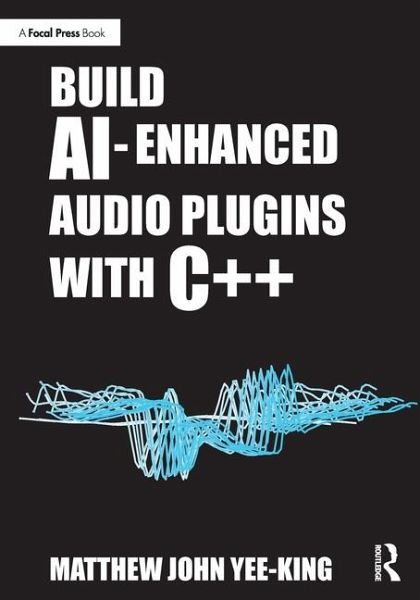
Build AI-Enhanced Audio Plugins with C++
Versandkostenfrei!
Versandfertig in 6-10 Tagen
46,99 €
inkl. MwSt.
Weitere Ausgaben:

PAYBACK Punkte
23 °P sammeln!
Build AI-Enhanced Audio Plugins with C++ explains how to embed artificial intelligence technology inside tools that can be used by audio and music professionals, through worked examples using Python, C++ and audio APIs which demonstrate how to combine technologies to produce professional, AI-enhanced creative tools.Alongside a freely accessible source code repository created by the author that accompanies the book for readers to reference, each chapter is supported by complete example applications and projects, including an autonomous music improviser, a neural network-based synthesizer meta-p...
Build AI-Enhanced Audio Plugins with C++ explains how to embed artificial intelligence technology inside tools that can be used by audio and music professionals, through worked examples using Python, C++ and audio APIs which demonstrate how to combine technologies to produce professional, AI-enhanced creative tools.
Alongside a freely accessible source code repository created by the author that accompanies the book for readers to reference, each chapter is supported by complete example applications and projects, including an autonomous music improviser, a neural network-based synthesizer meta-programmer and a neural audio effects processor. Detailed instructions on how to build each example are also provided, including source code extracts, diagrams and background theory.
This is an essential guide for software developers and programmers of all levels looking to integrate AI into their systems, as well as educators and students of audio programming, machine learning and software development.
Alongside a freely accessible source code repository created by the author that accompanies the book for readers to reference, each chapter is supported by complete example applications and projects, including an autonomous music improviser, a neural network-based synthesizer meta-programmer and a neural audio effects processor. Detailed instructions on how to build each example are also provided, including source code extracts, diagrams and background theory.
This is an essential guide for software developers and programmers of all levels looking to integrate AI into their systems, as well as educators and students of audio programming, machine learning and software development.





